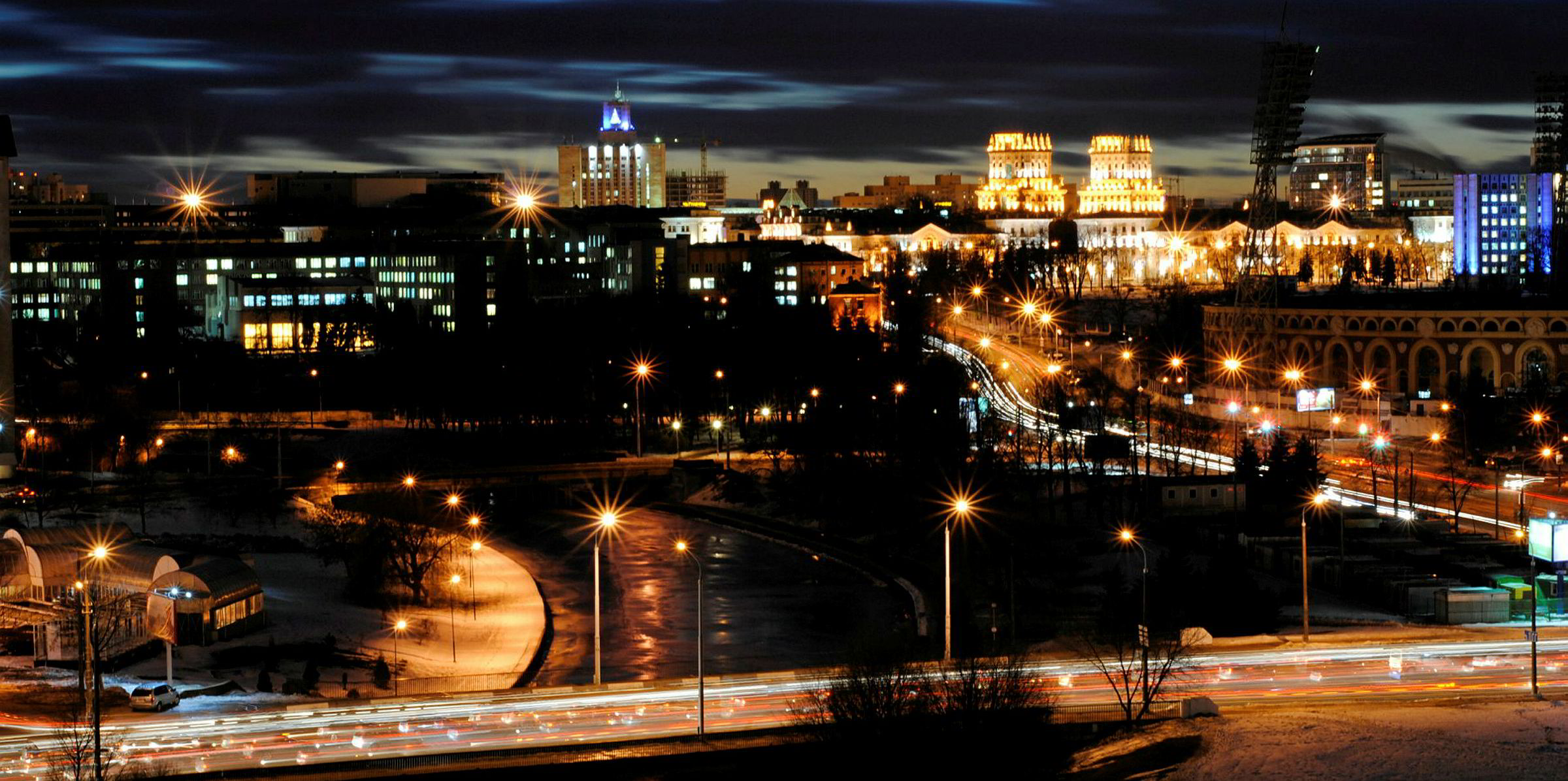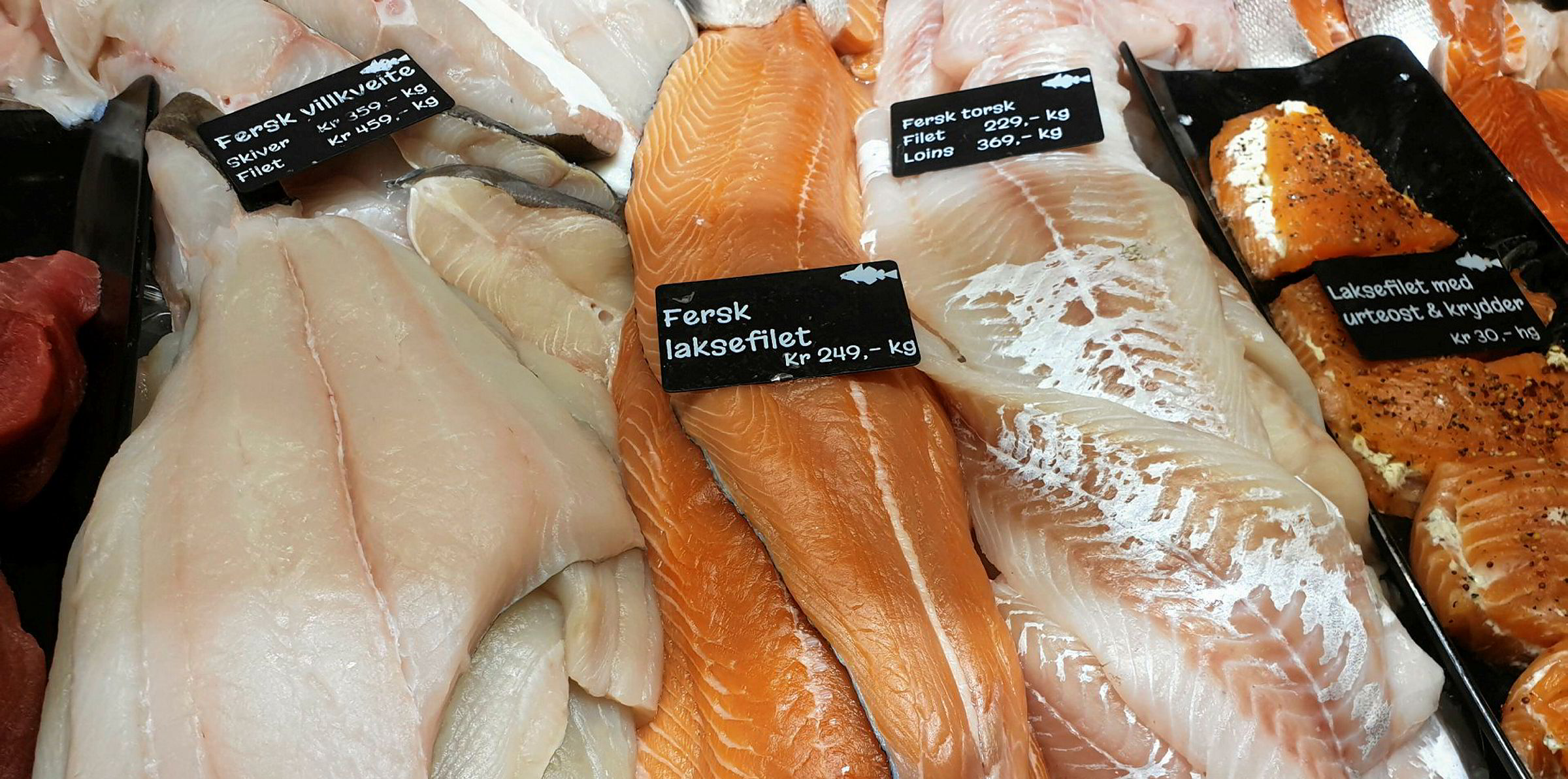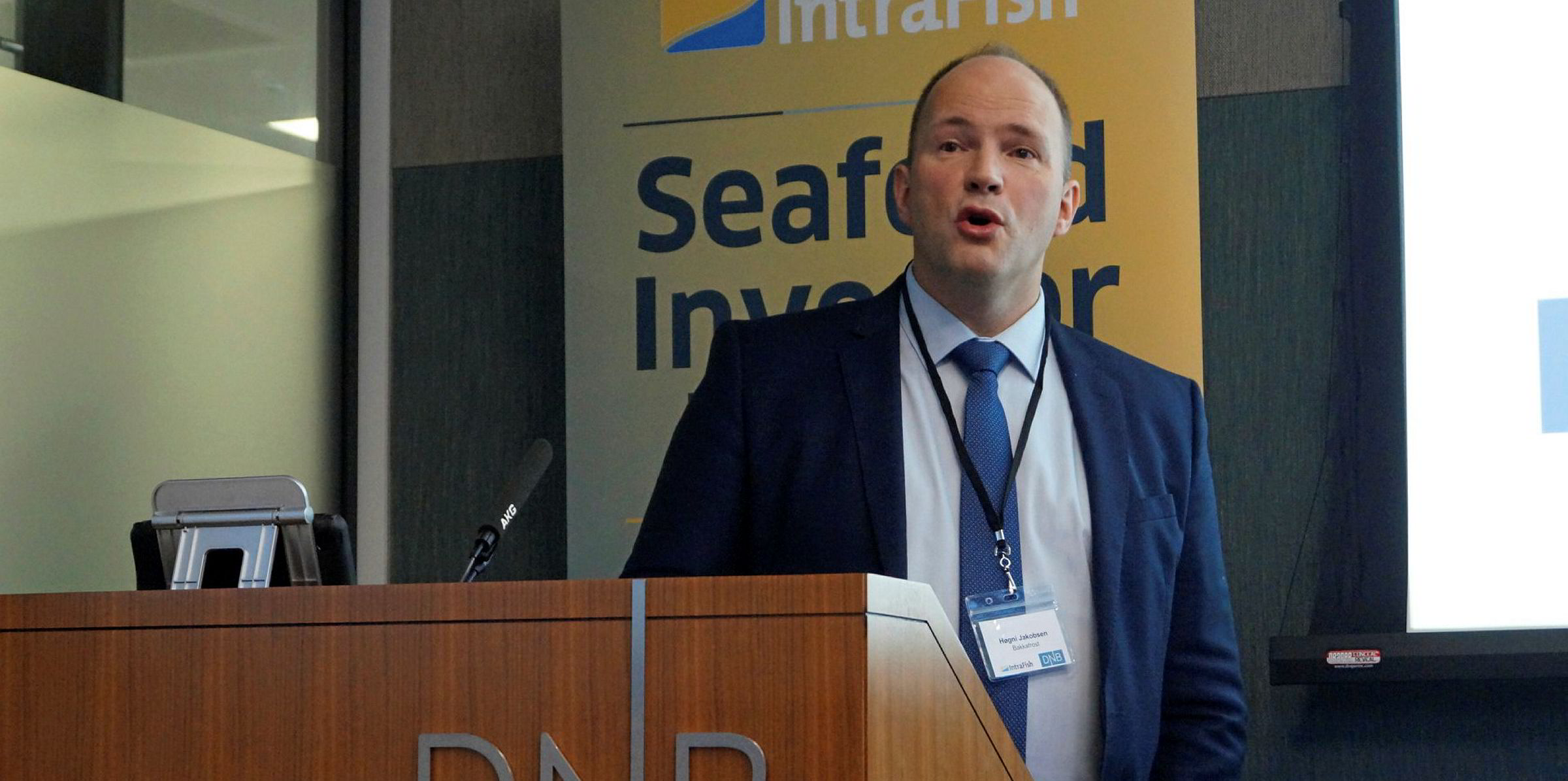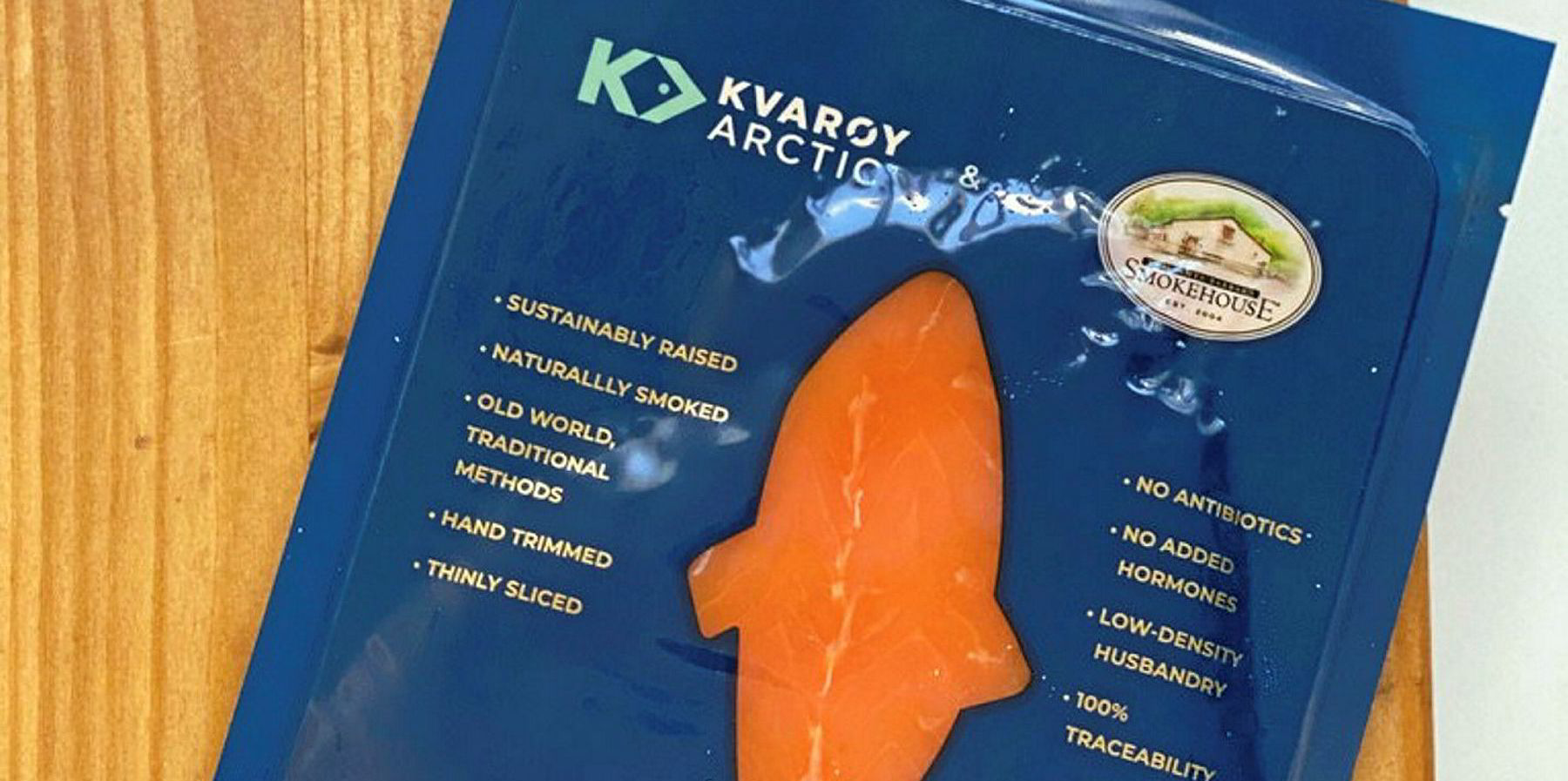The door to what was once Norway's largest salmon market cracked open a bit more last week, with new operations being given the green light to move products into the country via Belarus.
Processing plants operated by Leroy Seafood and parent company Austevoll Seafood were given permission to sell both salmon and trout to Russia, with stipulations on product formats
Another Norwegian salmon supplier, Firda Seafood, was also given the go-ahead to ship products into Russia via Belarus.
Permits were issued by Rosselkhoznadzor, Russia's Federal Veterinary and Physical Inspection Service, on behalf of the Eurasian Economic Union (EEU), a common market for Russia, Belarus, Kazakhstan, Kyrgyzstan and Armenia.
In 2019, Belarus was Norway's 29th largest salmon market. Norway sold 5,935 metric tons to the country valued at NOK 338 million (€30.3 million/$35.3 million), according to Norwegian Seafood Council's numbers.
But Belarus is by far Norway's largest single market for trout, a position the country took over after Russia in the summer of 2014 closed the borders for food imports from Norway and the West with tensions inflamed over the conflict in Ukraine.
Last year, Norway sold more trout to Belarus than to the EU as a whole.
Last year, Belarus imported more than twice as much trout as salmon, just over 14,000 metric tons worth almost NOK 681 million (€61 million/$71 million). Belarus has almost 9.5 million inhabitants.
Kazakhstan was Norway's 32nd largest salmon market and imported just over 4,500 tons worth NOK 260 million.
The COVID-19 pandemic this spring put an end to planned Russian inspections in Norway.
The Norwegian Food Safety Authority is awaiting an answer from Rosselkhoznadzor on whether video inspections may be used as an alternative.
In January, Russian authorities implemented a ban imports of processed products of salmon and trout from EEU countries, as well as transit of these products via Russia, claiming to have found unauthorized substances in the fish.
Norway requested independent laboratories to analyze fish from the same batches, without being able to detect any such substances in the products.
An earlier IntraFish report that Russia was reopening for the transit of Norwegian salmon turned out to be premature.
Rosselkhoznadzor's website states that, in principle, 32 Norwegian companies are licensed to sell fresh salmonids to the EEU.
But since January, 29 of them have been stamped with red markers with Russian authorities refusing to import fish originating in these factories.
---
Looking for a more in-depth look at the global farmed salmon sector? A newly released 85-page Business Intelligence report 'World's Top Salmon Farmers' offers a deep dive into the quickly evolving landscape of the global salmon farming sector, from top producers and exporters to innovators and importers.
Reach out for more information or to get a free sample atIntelligence@IntraFish.comand check out our current reports here.





